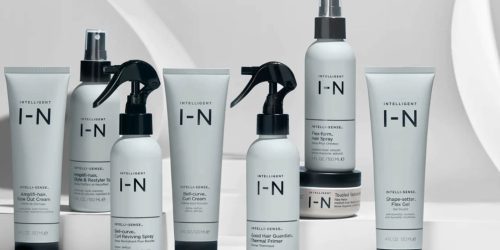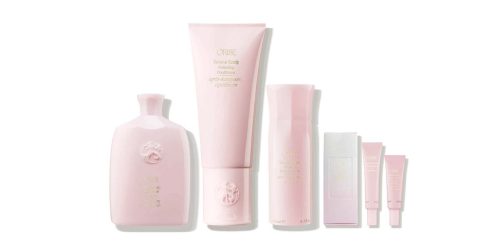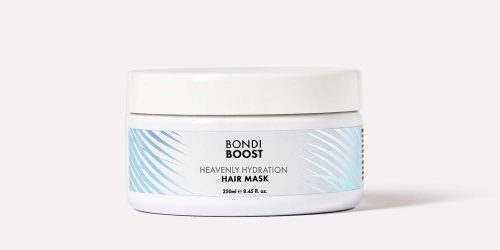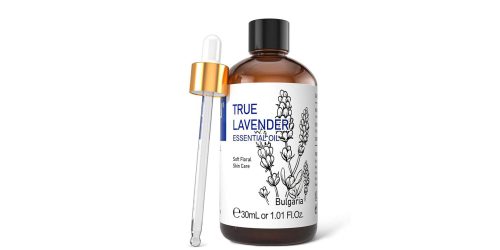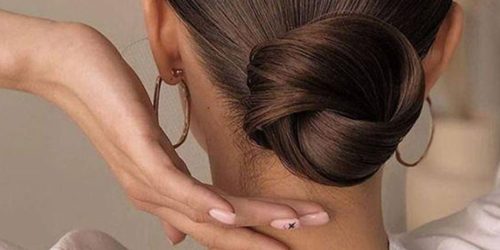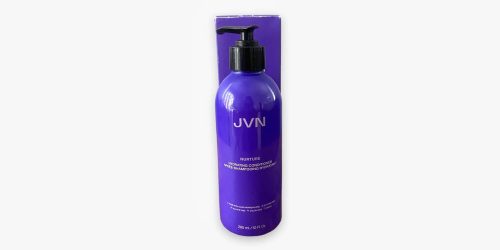How to Deal with Seasonal Hair Loss: A Practical Guide for Relief and Prevention
I want to talk about a seasonal issue that many people face – hair loss. Many of us experience this, especially during seasonal transitions, and seasonal hair loss often feels like an unwelcome visitor. So, how do we deal with it? Today, I will share some practical tips for alleviating and preventing hair loss, helping you tackle this frustrating problem with ease.
What is Seasonal Hair Loss?
Before we dive into the solutions, let’s first understand what seasonal hair loss is. Seasonal hair loss refers to the increased shedding of hair that occurs with the changing of seasons, especially during the spring and autumn months. During these transitions, our bodies naturally adjust to changes in temperature, humidity, and daylight hours, which can cause hair to move from the growth phase into the resting phase, leading to hair loss.
Many people notice increased shedding during the spring and autumn months, especially when the seasons change. This might mean more hair falling out during washing or brushing. While this can be worrying, it’s important to understand that this type of hair loss is typically temporary. However, if the hair loss becomes excessive, there are steps we can take to address it.
1. Adjust Your Diet and Increase Nutrient Intake
Diet plays a significant role in our overall health, and the health of our hair is no exception. If you are dealing with hair loss during the change of seasons, you can start by adjusting your diet. It’s essential to ensure that you’re getting enough protein, vitamins, and minerals—these are all crucial for maintaining healthy hair.
Protein is a major building block of hair, and vitamins and minerals help promote hair growth. For example, the B vitamins, especially Biotin (Vitamin B7), are vital for stimulating hair growth. You can obtain these nutrients by consuming eggs, milk, beans, and nuts.
In addition to vitamins, minerals like iron, zinc, and magnesium are essential for hair health. Iron helps with oxygen transportation to the scalp, while zinc regulates the scalp’s oil production and prevents hair from becoming too dry or greasy. For those struggling with seasonal hair loss, incorporating iron- and zinc-rich foods into your diet can help alleviate hair shedding.
2. Choose the Right Hair Care Products
The products you use to wash and care for your hair are also important factors in combating hair loss. It’s essential to choose products that are gentle and supportive, particularly if you are dealing with seasonal hair loss. Look for shampoos and conditioners that contain plant-based ingredients like mint, rosemary, or chamomile, which can promote circulation and soothe the scalp, helping to prevent hair problems caused by seasonal changes.
Additionally, be cautious with silicones in hair care products. While silicones can give your hair a shiny, smooth appearance, they may also weigh your hair down, leading to buildup and potential damage. Opt for products that are silicone-free and provide gentle cleansing. When washing your hair, avoid vigorously rubbing your scalp, as this can cause damage to both your hair and scalp.
3. Establish a Healthy Sleep Routine
In addition to diet and hair care, maintaining a healthy sleep routine is crucial in preventing seasonal hair loss. Poor sleep patterns, stress, and irregular routines can exacerbate hair loss. During seasonal transitions, fluctuations in temperature and humidity can disrupt our circadian rhythm, leading to hormonal imbalances that affect hair health.
To support healthy hair growth, aim for 7-8 hours of quality sleep each night. It’s also important to manage your work and leisure time efficiently, avoiding overexertion and stress. This will help reduce the chances of hair loss linked to hormonal imbalances.
4. Avoid Excessive Dyeing, Perming, and Styling
If you are experiencing seasonal hair loss, it’s best to minimize the use of harsh hair treatments such as excessive dyeing, perming, or frequent heat styling. Chemical treatments and high-temperature styling tools can damage both your hair and scalp, worsening hair loss.
If you absolutely need to dye or perm your hair, choose gentle, low-chemical treatments, and have them applied by a professional stylist. Additionally, try to limit the use of hot styling tools like hair dryers, straighteners, or curling irons. Opt for lower heat settings to prevent further damage to your hair.
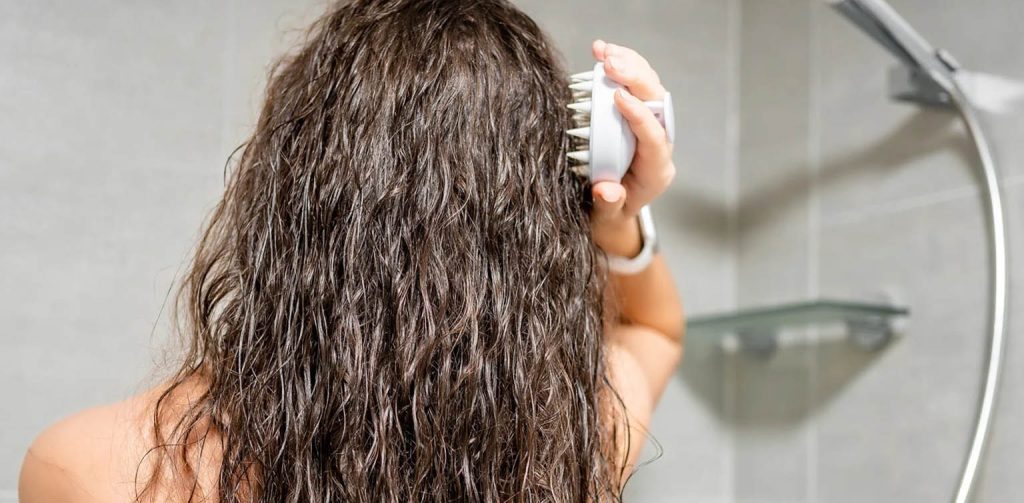
5. Perform Scalp Massages
Scalp massages can significantly improve blood circulation to the scalp, encouraging healthier hair growth by helping the hair follicles absorb more nutrients. You can use natural oils, such as coconut oil, olive oil, or jojoba oil, to gently massage your scalp, which will help relax tense muscles and stimulate blood flow.
It’s recommended to massage your scalp two to three times a week for 5-10 minutes per session. This practice not only promotes healthy hair growth but also soothes and nourishes the scalp. You may also want to incorporate specialized hair growth products or essential oils during your massage to further enhance the benefits.
6. Trim Your Hair Regularly
While trimming your hair won’t directly stop hair loss, it’s still an essential part of maintaining healthy hair. Regular trims help prevent split ends and breakage, which can weaken hair and make it appear thinner. Maintaining a healthy overall appearance for your hair can prevent hair from becoming damaged and brittle.
If you’re experiencing seasonal hair loss, a good trim will help you maintain the shape and strength of your hair, preventing further damage.
7. Manage Stress and Maintain Mental Well-being
Seasonal hair loss can sometimes be influenced by mental factors as well. Long-term stress, anxiety, and depression can exacerbate hair shedding. Seasonal changes in temperature and environment can cause emotional discomfort, which may contribute to hair loss.
To support your overall health and help prevent stress-related hair loss, practice relaxation techniques such as meditation, yoga, or light exercise. Finding ways to unwind and destress will reduce the impact of emotional factors on your hair health.
Recommended International Hair Care Brands
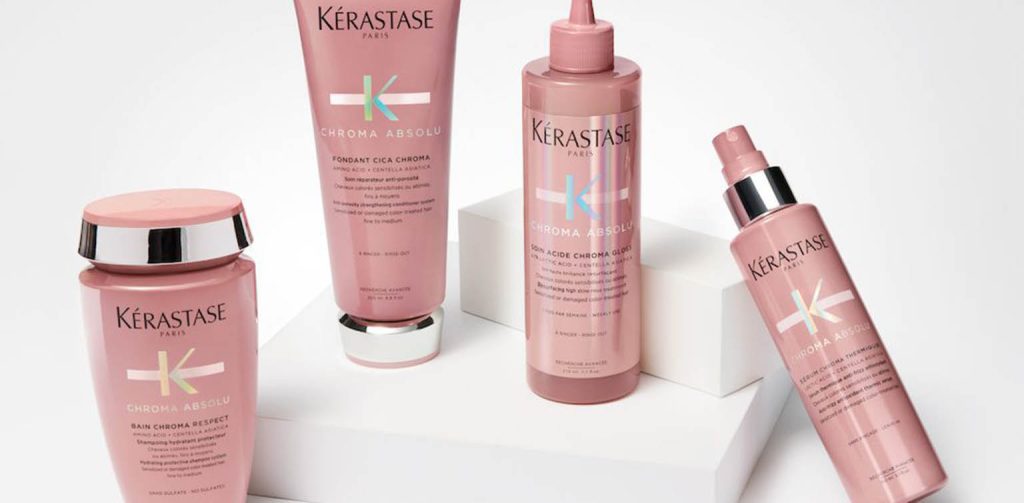
There are many international brands that offer effective products to help prevent hair loss. Here are a few of my top recommendations:
- Kérastase (France): This luxury brand offers shampoos and treatments that focus on scalp health. Their products improve blood circulation and are ideal for those struggling with seasonal hair loss.
- Colgate (USA): Known for its broad range of health products, Colgate’s hair care line is highly rated for its anti-hair loss shampoos, which effectively reduce shedding and promote healthy hair growth.
- Schwarzkopf (Germany): A well-known brand in the hair care industry, Schwarzkopf offers products that are great for damaged hair. Their anti-hair loss products help strengthen hair and improve its resilience.
- Shiseido (Japan): Shiseido offers a range of hair care products that are gentle and effective, particularly their anti-hair loss series, which helps balance the scalp and enhance hair strength.
By using the right products and maintaining healthy lifestyle habits, you can manage seasonal hair loss and keep your hair healthy and vibrant.
I hope these tips will help you reduce the effects of hair shedding and support healthy hair growth. From diet and hair care to mental well-being and proper sleep, all of these small changes can contribute to healthier hair.
